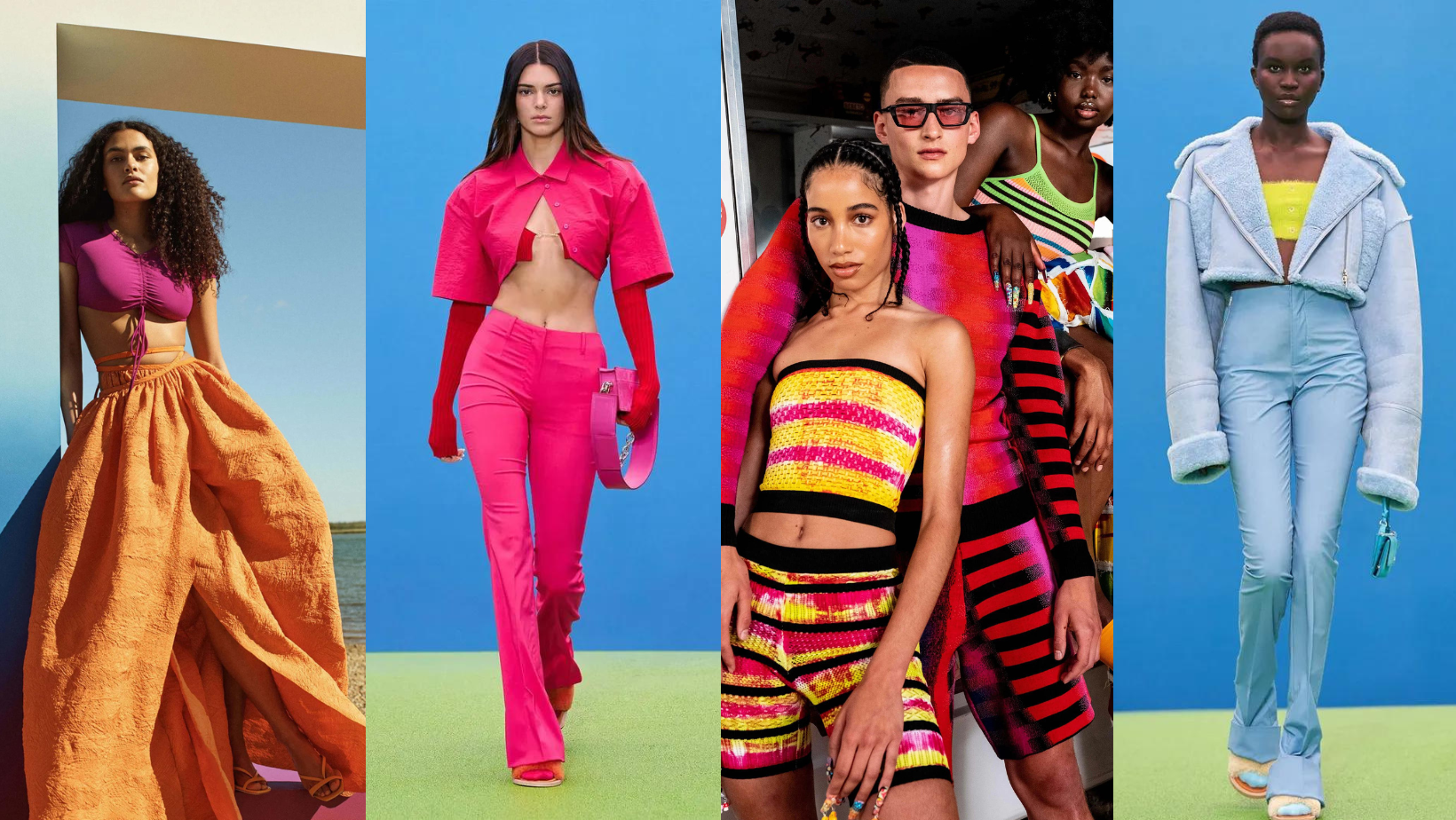The Psychology of Dressing

Photo Credit: VogueBusiness
Why do we wear what we wear? Have you thought about it? What are you trying to say when you get dressed? Our bodies are our canvas. The way we drape them every day expresses a lot about us.
Think about these bystander observations that speak to the connection between how a person presents themself and external perceptions.
“She looks friendly.”
“He can get the job done.”
“She’s an extrovert”
“He is successful.”
We make snap judgements based on what our eyes see before someone has spoken a word. I know, I know, I say it all the time, “We eat with our eyes first.”
This became more evident than ever during the pandemic. When we look back at the pictures and social media, what will we interpret from all of those sweats? It is not hard to figure out.
Long before this, I have been digging around in your closets and learning where you are in life by what I find. It is then my job to ask you the hard questions. What do the things you wear mean to you? How do you want to feel when you get dressed? What are your goals?
I read this quote that explains well the psychology of dressing.
“The clothes we wear not only reflect our personality and values but also shape the way we perceive ourselves.” (Affluent CEO)
Not only do our clothes define other’s perception of us, but also our own self-image, our self-perception.
Let’s look at the psychology of dressing and how the ways you dress have significance:
How Dressing Expresses Your Identity
From the moment you get dressed in the morning you are making a statement about yourself. You are signaling to the world certain beliefs, values, and personality traits. Have you thought about what you want to say vs. what you might be saying?
In just the same way clothing can send a message to the world. It can influence how you feel about yourself. Did you dress for comfort and to disappear, or did you dress to be seen and respected?
This is where your stylist comes in handy. I administer this type of therapy. So, let’s figure out who you want to be when you get dressed.
Emotional Armor
Your clothing choices can serve as a shield. They can help you hide who you are from the world. It leads you to believe that you are guarding against judgment. This does not really work, as you will be judged for that act. This is not what we want. We want you to know who you are and want to be and proudly display that.
On the flip side, your clothing can make you feel empowered and like you have a sense of control. Dressing for a job interview, first date, speaking engagement, or photo shoot can be daunting if you have not identified what you want to project. Let your clothing send the same message as what you articulate with your words.
Dressing and Cultural Identity
There are more cultures in the world than I can begin to name. I was just in Tanzania and there are 123 different tribes there alone. Each with its own references. The austerity of the Japanese kimono has a totally different aesthetic than an Italian designer in Milan.
Your clothing should absolutely reflect your culture if you wish it to. The key is to do this in a way that serves you and your life. A personal stylist is thrilled to help you with this.
In the end, dressing is both ART and SCIENCE. Your trainer, your hairdresser, etc. all serve as therapists for you. Your stylist will too. I love getting to know my clients and finding out what makes them tick. I explore these questions with my clients: How have they arrived at the place where I find them? Where do they want to be? How do they want to feel after they get dressed?
Interested? Let’s figure it out together.
